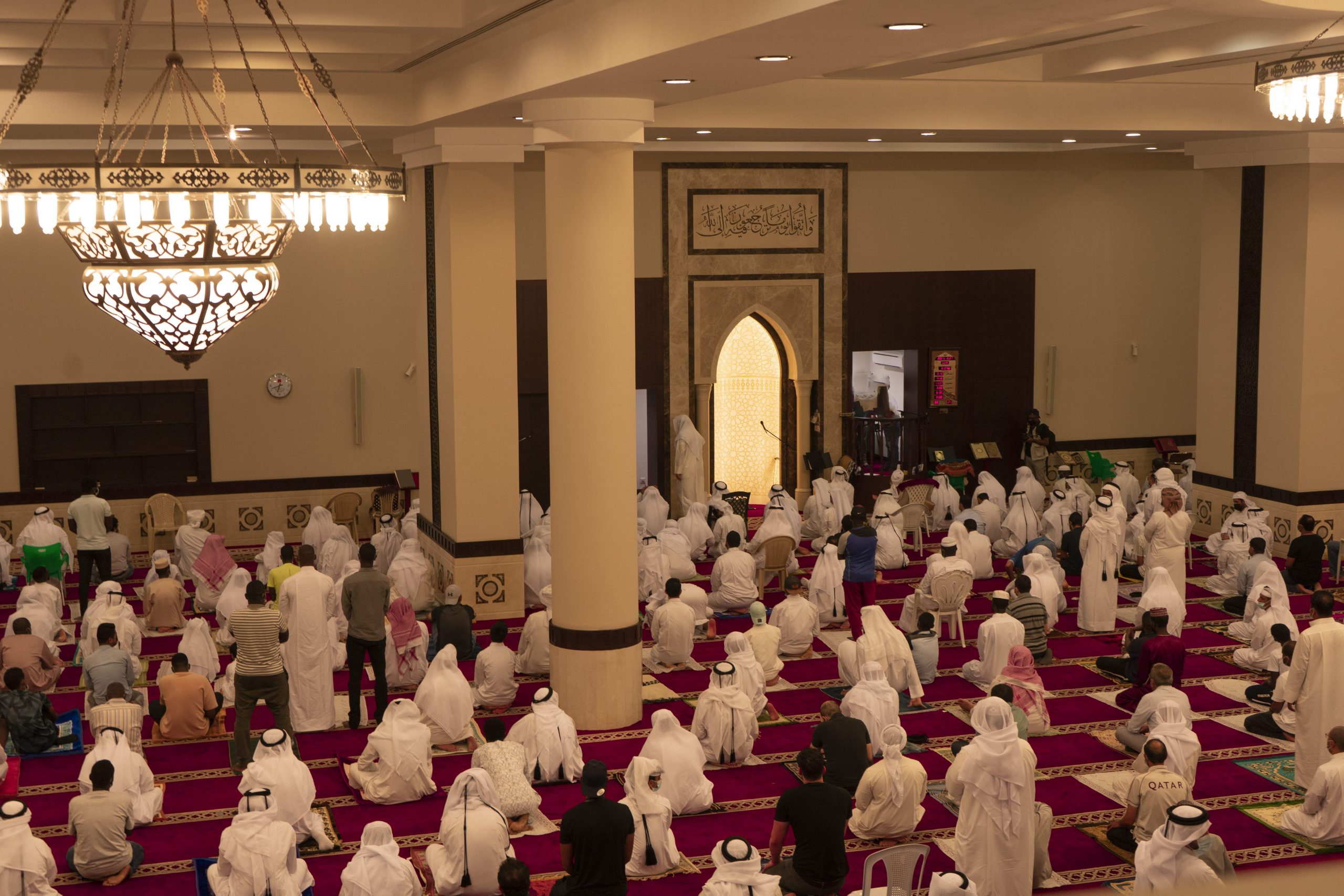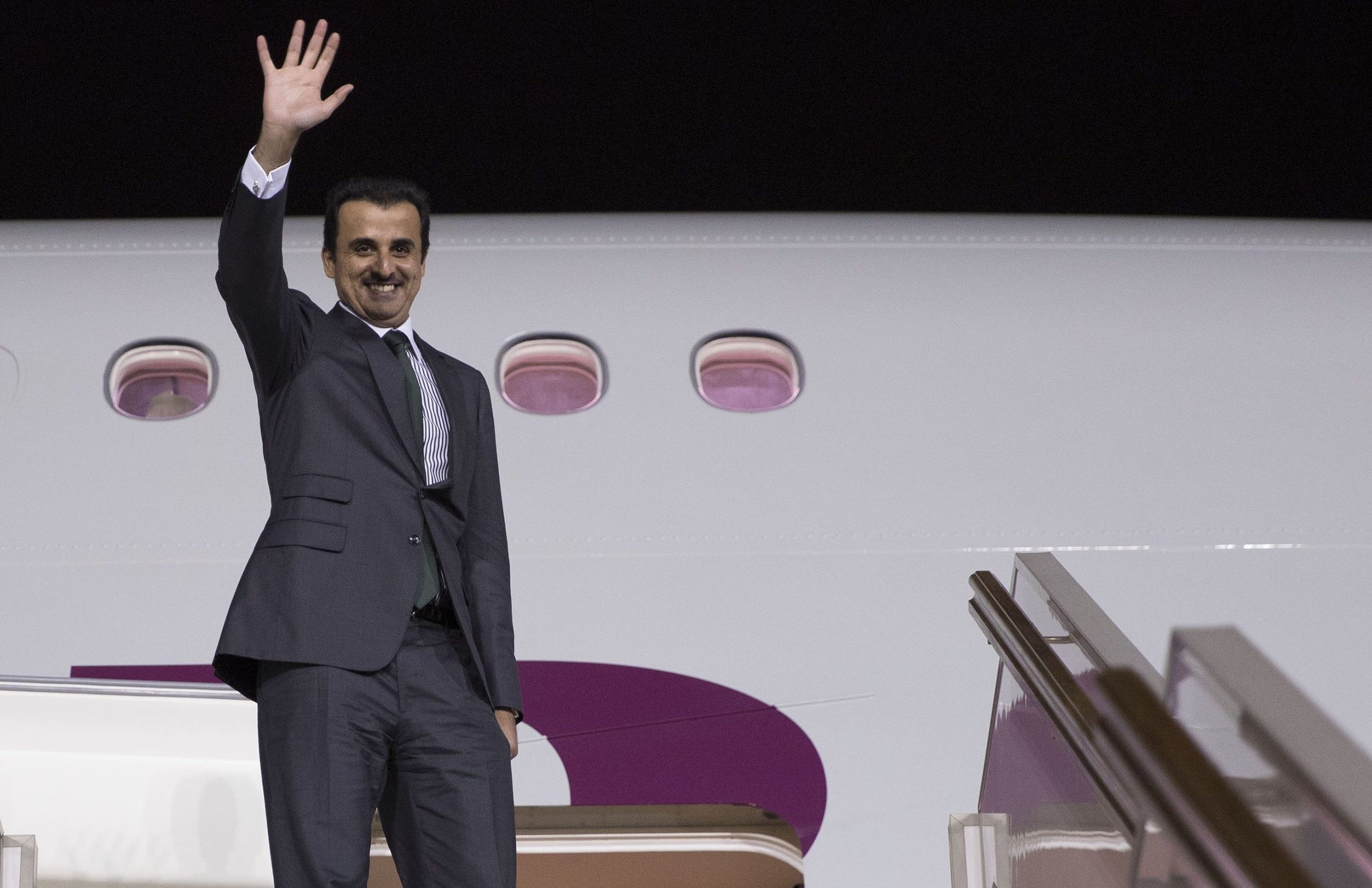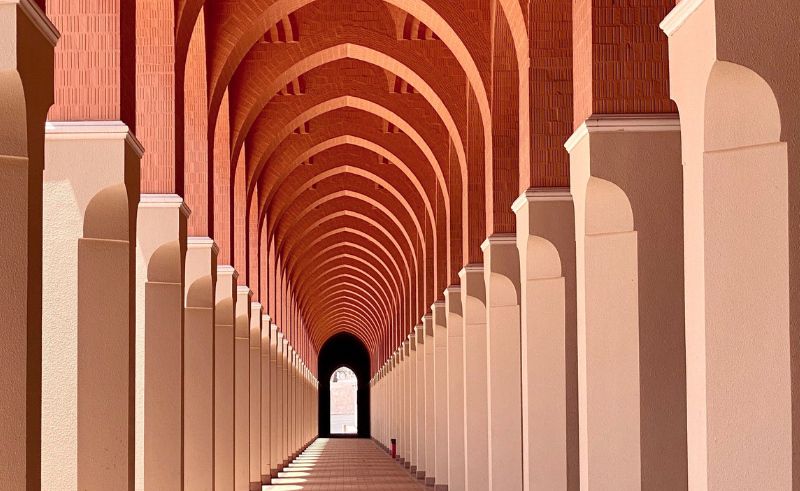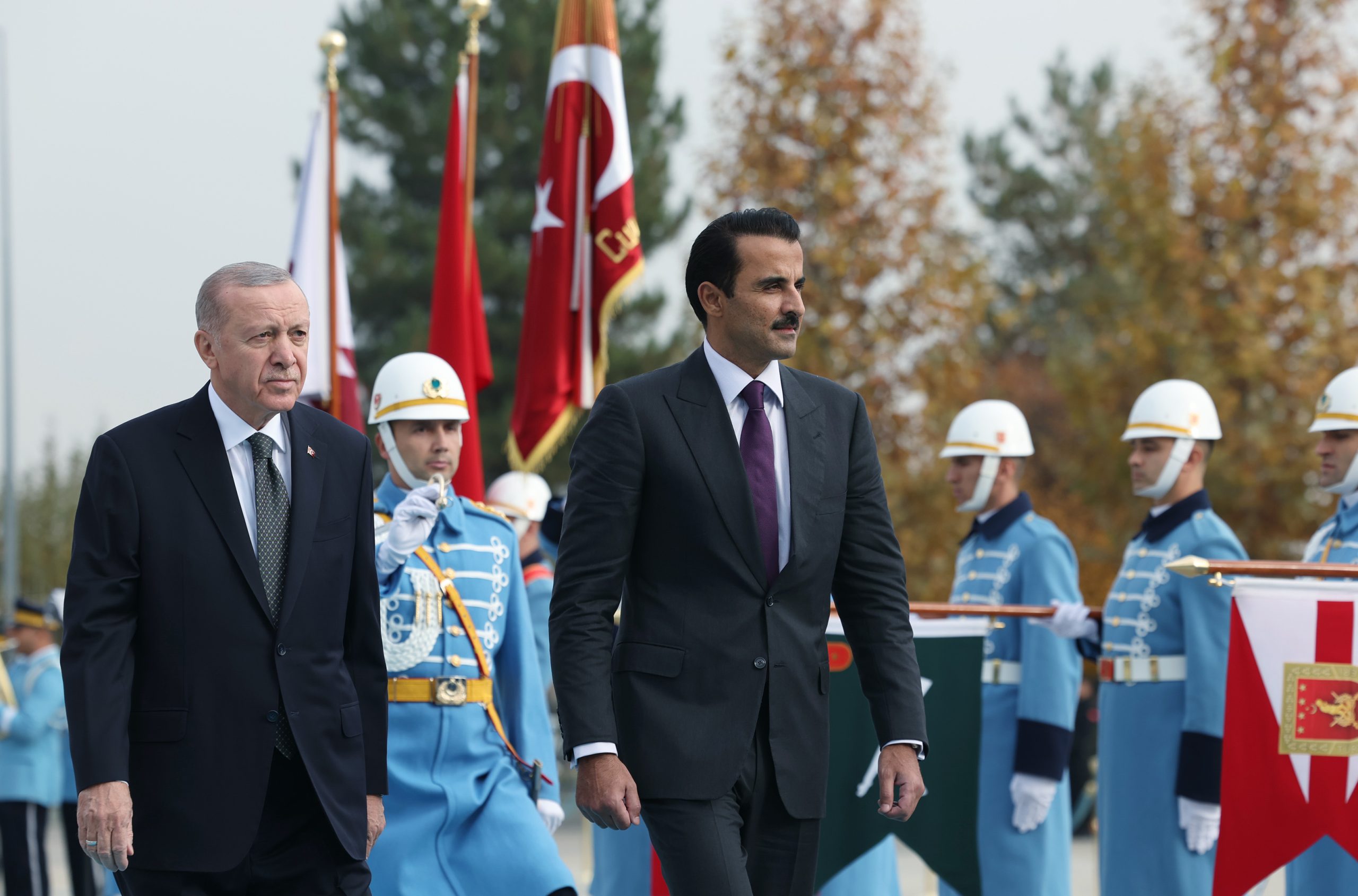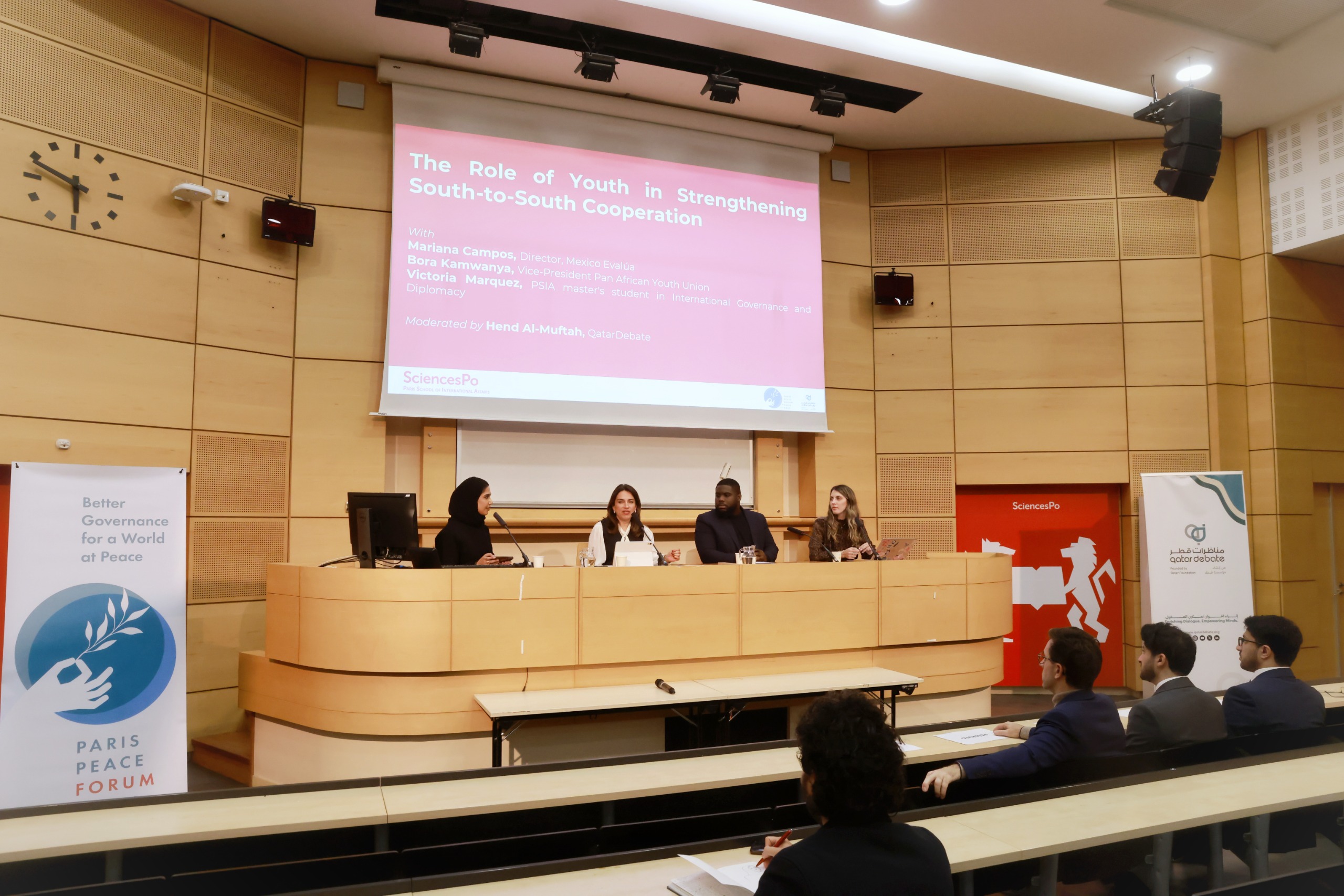Itikaf is a profound Islamic practice that offers Muslims the opportunity to connect with Allah, introspect and grow spiritually.
Itikaf is a significant Islamic practice often performed during the last ten days of Ramadan.
Itikaf, derived from the Arabic word “Aakif” meaning “to stick” or “to commit to,” referring to a period of seclusion and devotion in which an individual secludes themselves in a mosque, disconnecting from worldly affairs and concentrating solely on worship and contemplation.
During this time, a person performing itikaf focuses on prayers, recitation of the Quran, seeking forgiveness and performing other acts of worship.
Although itikaf is commonly practiced during the last ten days of Ramadan, it can be observed at any time throughout the year. Both men and women can participate.
Origins
The practice of itikaf finds its roots in the Sunnah of the Prophet Muhammad (PBUH). During the last ten days of Ramadan, he would retreat to the mosque and devote his time entirely to worship, seeking spiritual connection with God and reflecting.
Following the example set by the Prophet, Muslims across the globe have continued this tradition throughout the centuries.
Laylat al-Qadr
The pursuit of Laylat al-Qadr is also an integral part of the significance of itikaf.
The last ten days of Ramadan are believed to include Laylat al-Qadr, or the ‘Night of Destiny’, in which acts of worship are rewarded abundantly by God, and believed to be of the most blessed days of the Islamic calendar.
By participating in itikaf, Muslims strive to ensure they are dedicating themselves to worship during this special night, aiming to reap spiritual rewards.
Its purpose and significance
One of the primary purposes of itikaf is to strengthen the spiritual connection between a believer and God. By withdrawing from the distractions of daily life, those observing itikaf are better able to focus on their relationship with Allah, seeking His guidance, mercy and blessings.
This period of seclusion provides an opportunity for deep contemplation and heightened spirituality, ultimately leading to a more profound understanding of one’s faith.
Another significant aspect of itikaf is that it serves as a time for reflection and self-improvement. In the quiet solitude of the act of worship, individuals can evaluate their lives, identify their shortcomings and make amends accordingly.
It offers a unique opportunity to develop essential qualities such as patience, humility, and gratitude while nurturing personal growth and strengthening one’s faith.
Lastly, itikaf fosters a sense of community among those participating in the practice. As it is typically observed in mosques, it creates an environment of collective worship and support among fellow believers. In this communal setting, Muslims can inspire and uplift one another in their journey towards spiritual growth and a deeper understanding of their faith.
This shared experience not only reinforces the bonds within the Muslim community but also serves as a testament to the importance of unity in Islam.
Itikaf in Qatar
111 mosques in different parts of Qatar have been designated by the Ministry of Endowments (Awqaf) and Islamic Affairs for Itikaf during the final 10 days of Ramadan.
The names of the mosques where I’tikaf can be performed are listed here by Awqaf. The long list includes mosques such as Othman bin Affan, Al Noor, Dukhan, and many more.

